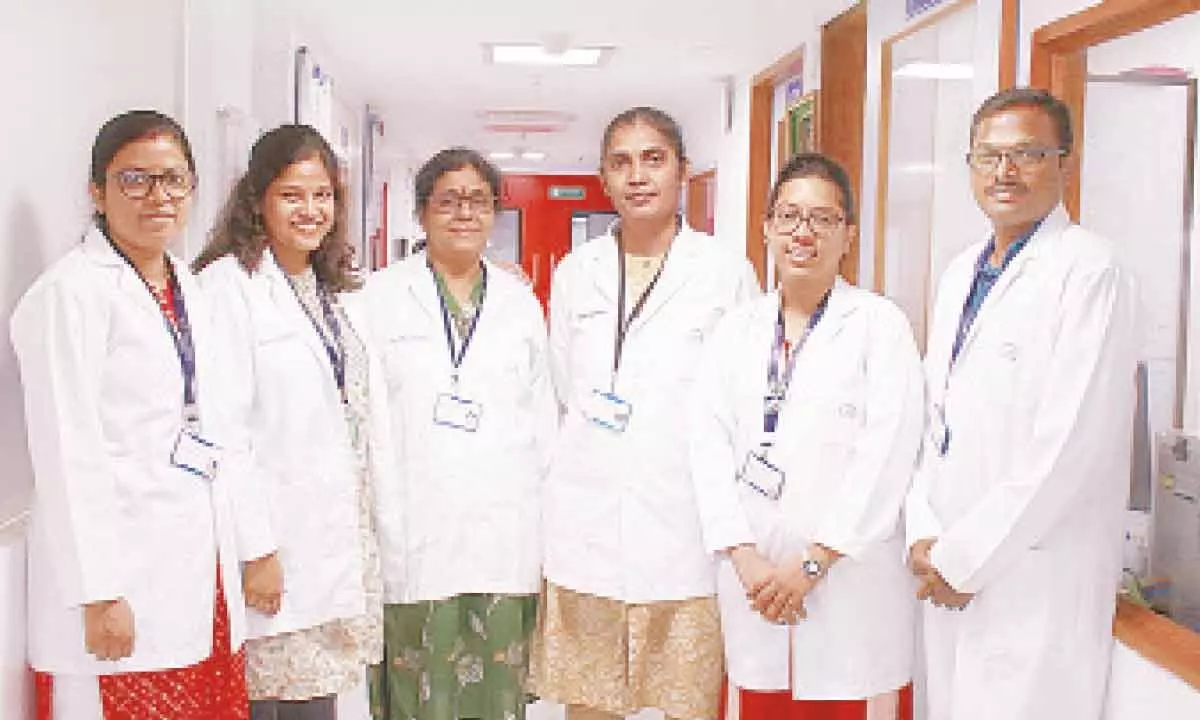Way to use genome tool more efficiently discovered
The system has high specificity, extended flexibility for genome coverage and the LVPEI team has validated its applicability for precision mutation editing and correction
image for illustrative purpose

Hyderabad/Visakhapatnam: Scientists from Council of Scientific and Industrial Research-Institute of Genomics and Integrative Biology (CSIR- IGIB), New Delhi and LV Prasad Eye Institute (LVPEI), Hyderabad, along with other national and international collaborators, presented an enhanced CRISPR-Cas9-based genome editing system that is more precise and efficient than existing technologies.
The system has high specificity, extended flexibility for genome coverage and the LVPEI team has validated its applicability for precision mutation editing and correction, according to a research publication. In the paper, the team at CSIR-IGIB, led by Dr Debojyoti Chakraborty, demonstrated the greatly improved editing efficiency of a Cas9 protein from a bacterium called Francisella novicida (FnCas9).
Through an elaborate genetic engineering process, the team enhanced the edit efficiency and fidelity of this protein (enFnCas9). This improved tool is better than other popular Cas9 proteins (such as SpCas9 from Streptococcus pyogenes) and has the potential to be developed into new diagnostics and therapeutics, LVPEI said. Researchers from LVPEI, led by Dr Indumathi Mariappan, then picked up the baton to explore the suitability of these enFnCas9 variants for therapeutic applications. The team isolated skin fibroblast cells of a patient with a rare form of retinal dystrophy, called Leber’s congenital amaurosis, type 2 (LCA2).


